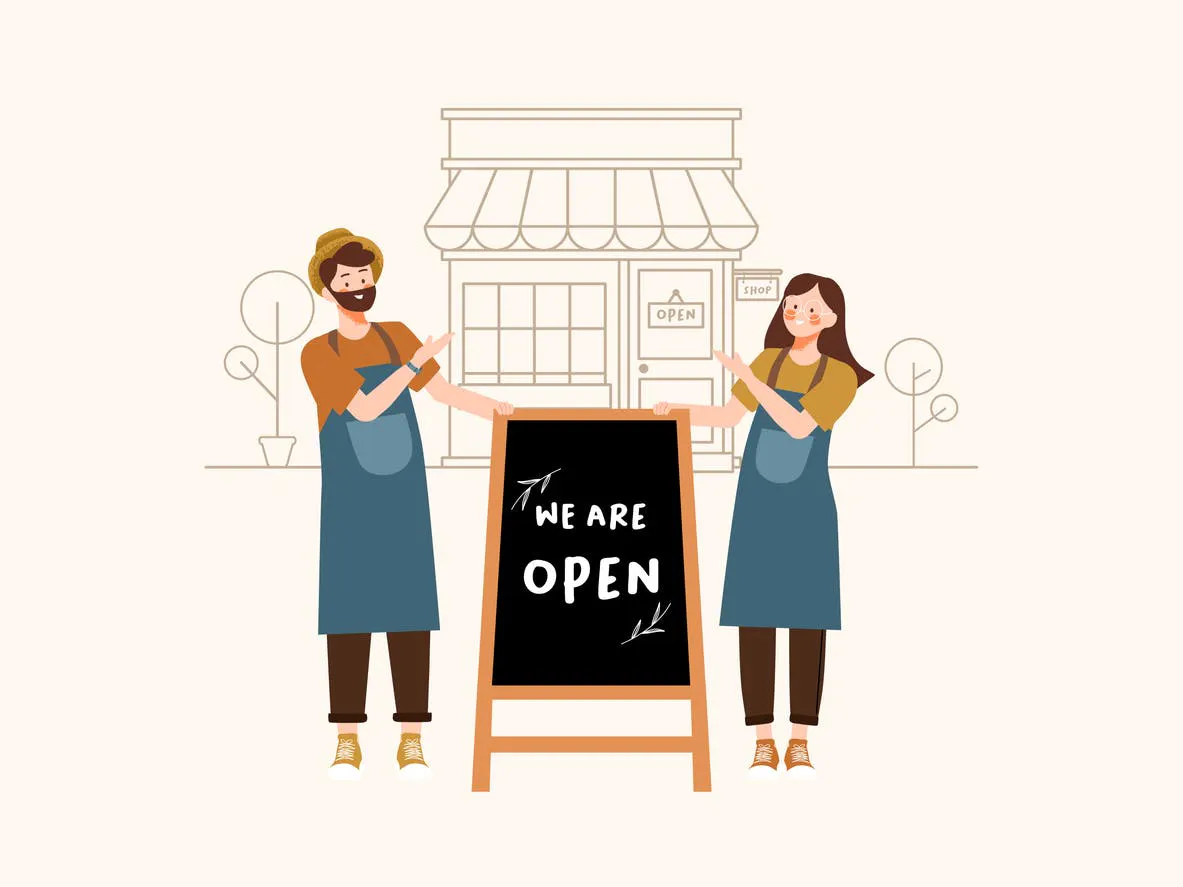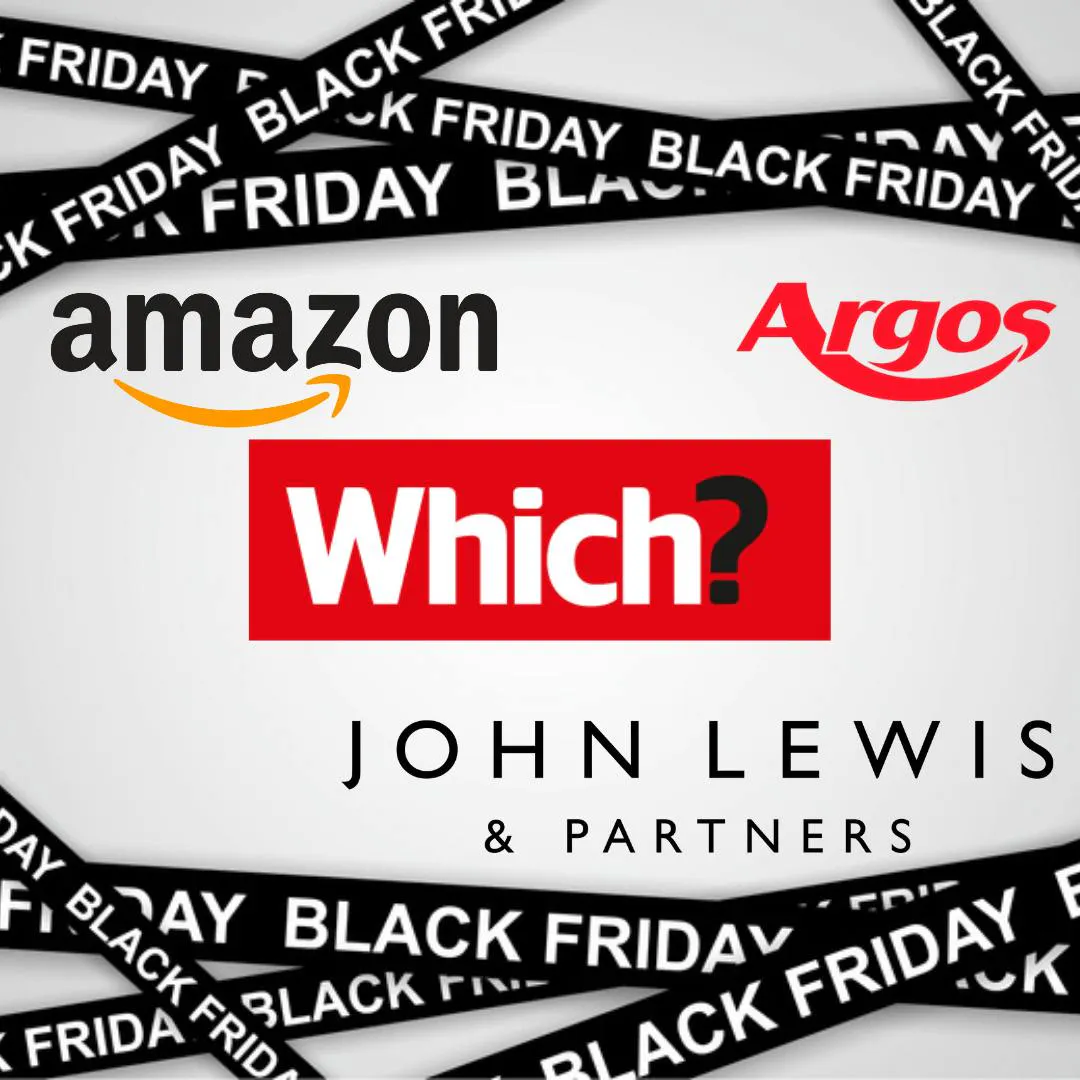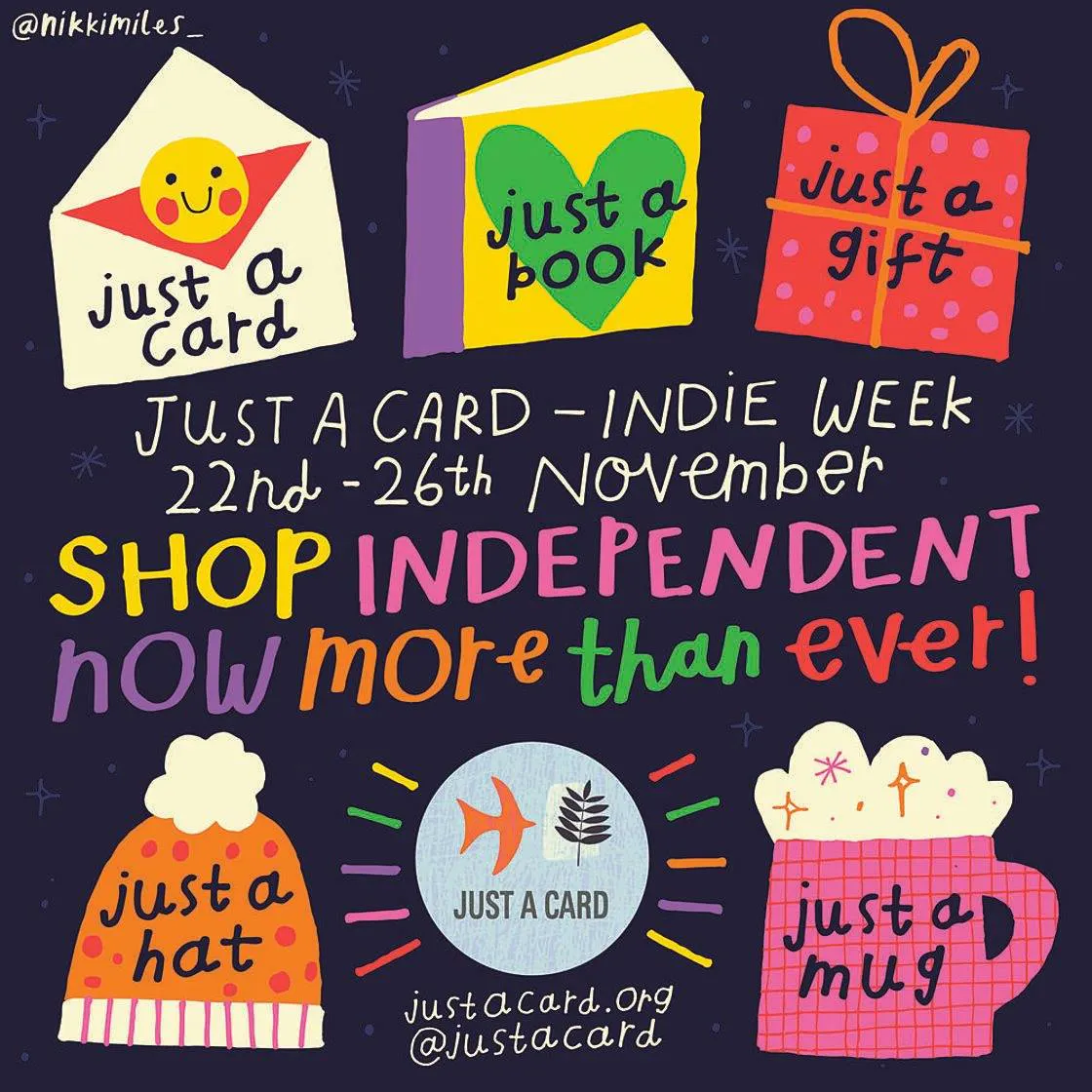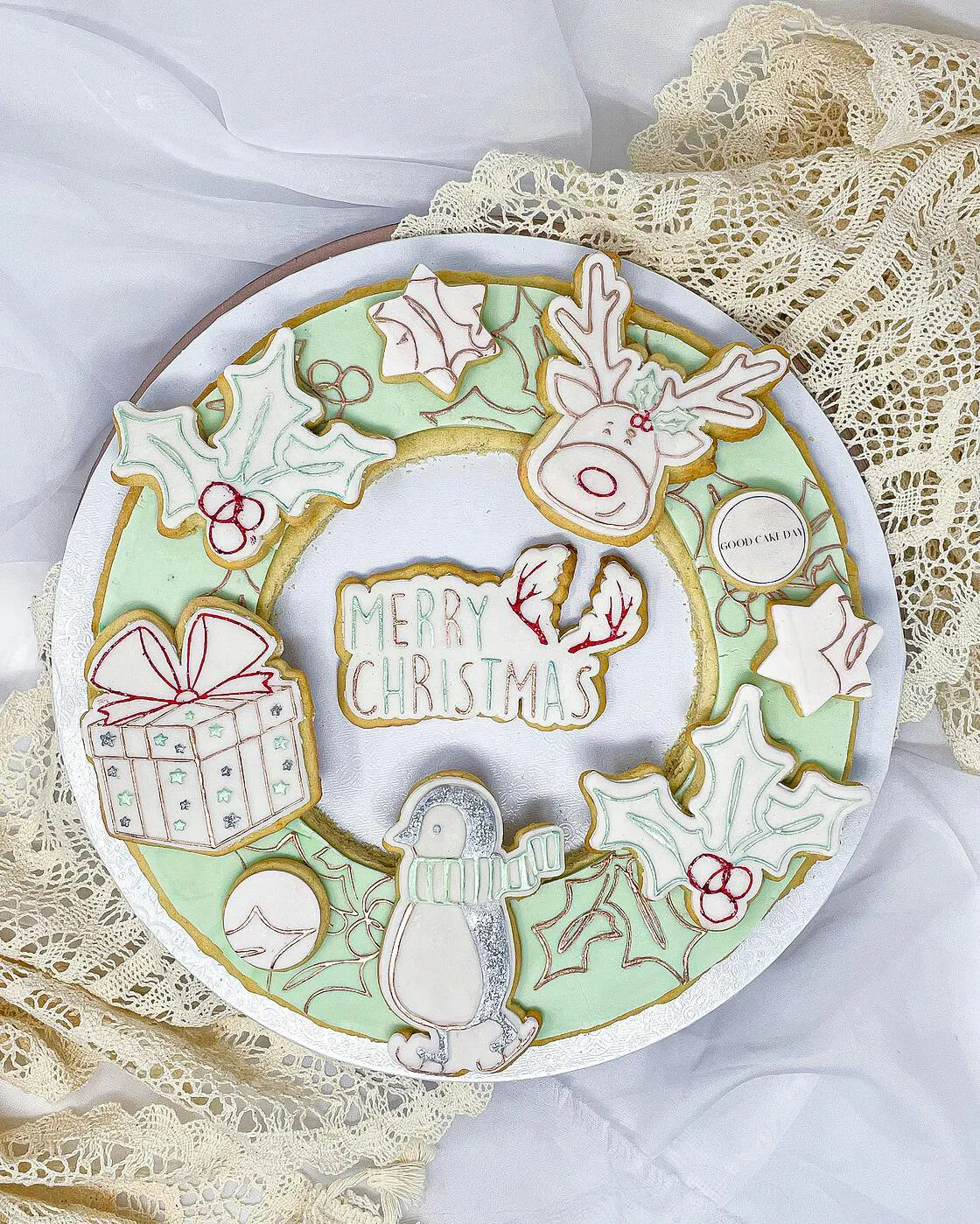Is Black Friday a good idea for smaller, independent businesses?
If you’ve been on any website in the past week, you’ll have probably guessed that Black Friday is tomorrow, bringing the usual sales frenzies.
In the UK, it sometimes feels like Black Friday creeps up on us without much warning.
Originating in the US, it represents the beginning of the discounted shopping season, on the Friday following Thanksgiving (the last Thursday in November).
Even though Boxing Day has always been considered to have the biggest retail sales of the year in the UK for British retailers, Black Friday has grown in strength over the past decade.
In 2014, Black Friday sales caused police forces to be called to deal with crowd control incidents—some customers even assaulted and threatened retail staff.
Has the American export devalued the British Christmas shopping season?
Or is it a chance for smaller, independent retailers to thrive in their market?

Credit: iStock
Bargains or boycotts?
This year, the largest ever boycott of Black Friday has been planned by independent retailers, says the British Independent Retailers Association (Bira).
Around 85% of independent retailers will not participate in Black Friday.
Other independent retailers are boycotting Amazon, highlighted by the “Not on Amazon” Facebook group, with over 157,000 members.
Founded by Jamie Rackam, members can advertise to each other freely and avoid devaluing their creative and independent businesses on Black Friday.
Rackham, the owner of upcycling furniture business, told the Guardian (Opens in a new window): “This time last year we were going to do some Christmas markets and they were all cancelled.
“But at the same time, I heard about Amazon making a record amount of profits during lockdown.
“I thought: this is so wrong. They’re making all of this money and we’re being told we can’t operate our businesses. I’ve got to try and do something about this.”

Credit: Felice Southwell / Canva
Is Black Friday too good to be true?
Shockingly, the Consumers' Association Which? found that (Opens in a new window) 99.5% of Black Friday deals are actually cheaper or the same price at other times of the year.
For big retailers such as John Lewis, Argos and Amazon, Black Friday is a chance to use these tactics of reference pricing—where we see advertisements such as “Was £100, now £50”.
This often misleads customers, as the price it was is not always the price it is sold for during the rest of the year.
Black Friday sales tactics help to advertise big businesses' names, but can it help smaller independent retailers?
With many small businesses suffering financial losses since COVID-19—Simply Business reports say that the pandemic will cost SMEs an estimated £126.6 billion—some are considering Black Friday this year as a (re)fresh strategy.
The sales offer a way for some businesses to catch up from the pandemic and make a profit from stock that isn’t selling, as well as make space for new stock.

Credit: Just A Card
A fair price?
It’s all very well for bigger businesses to offer heavy discounts on Black Friday, but for smaller retailers, the day can increase the pressure to devalue their business.
It makes the choice to stay on brand and honour their worth difficult when the market is so saturated with deals.
An independent alternative to Black Friday, Just A Card Indie Week (Opens in a new window) aims to show how every sale, however small, is the difference between a vibrant creative community or a boarded-up business.
The organisation also campaigns throughout the year to encourage customers to support artists, creators and independent shops.

Credit: Good Cake Day
What’s the alternative?
There could be a chance, however, to turn Black Friday into something productive for the community of independent retailers and businesses.
Chinelo Awa, founder of Good Cake Day, an independent bakery, is doing it differently.
"Black Friday can be a divisive topic for small businesses but this year, I’m taking advantage of the buzz of Black Friday to launch Good Cake Day’s 200 Bags of Kindness Campaign,” she explains.
“To support the Love Christmas project, I will be donating £6 from every order over £30 made between Black Friday and 12 December.
The project delivers over 15,000 ‘Bags of Kindness’ to people who are homeless, unemployed, in debt, incarcerated, children of asylum seekers, newly-arrived Afghan children seeking refuge in the UK, lonely or isolated.
This alternative shows how independent businesses can be more socially responsible with their choices regarding Black Friday.
The Paranting Conclusion
As we’ve seen, the idea of Black Friday can be jarring for small businesses that have likely experienced hardship since the pandemic began.
Not only does the consumerist tradition encourage devaluation of the Christmas shopping spirit, but it also pushes people further away from the independent creators and retailers in their community.
At Paranting Magazine, we’re so proud of being an independent publication and we’re so grateful for our community for their continued support.
Whether it be by boycotting Black Friday at bigger retailers, supporting Just a Card Indie Week, or donating to projects like the Bags of Kindness campaign, we can all play a role in helping out independents.
Considering how adversely independent retailers have been affected by this last year, Paranting thinks that supporting this cause is more crucial than ever (Opens in a new window).
Words: Felice Southwell


